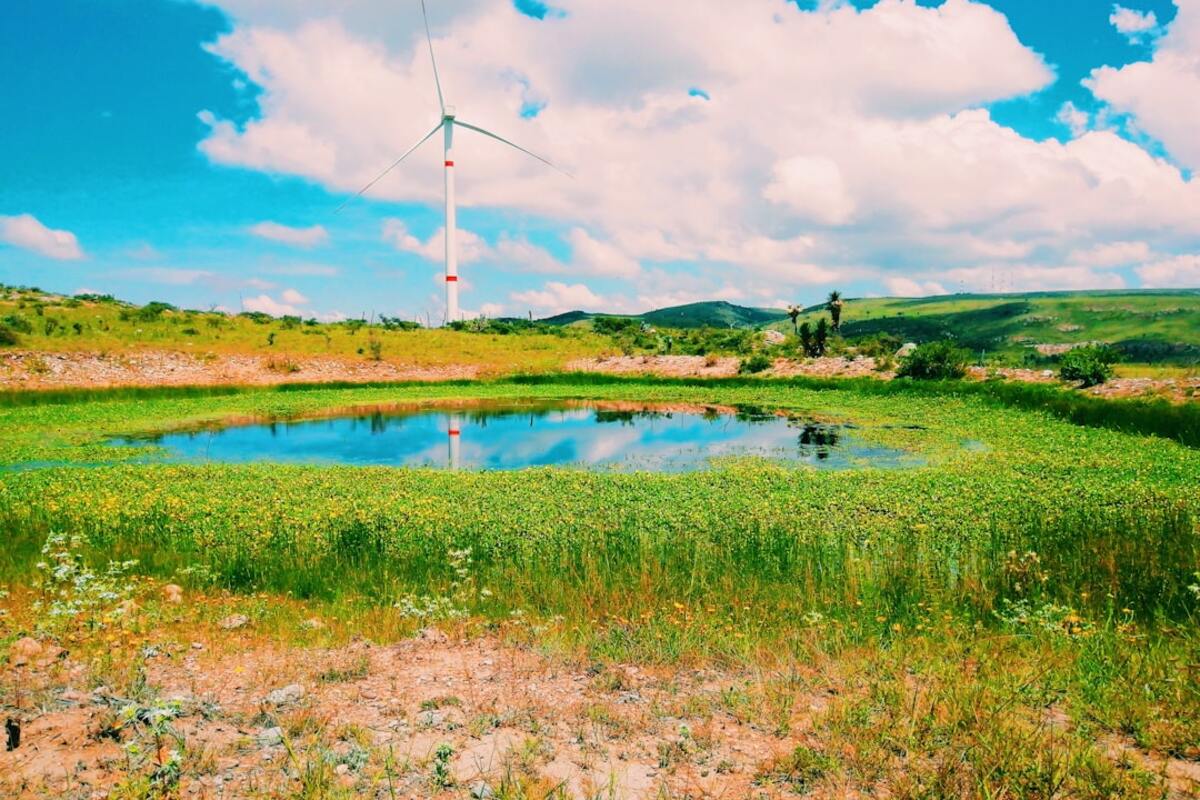The Rise of Algae: Nature's Renewable Powerhouse in Sustainability
Discover the potential of algae as a renewable resource transforming industries from biofuels to cosmetics in the era of sustainability.

- Algae could be a game-changer in renewable energy, offering high-efficiency biofuel production.
- Beyond fuel, algae holds promise in pharmaceuticals, food, and environmental management.
- Innovative cultivation techniques are driving the feasibility of large-scale algae production.
Introduction to Algae: A Sustainable Resource
In the quest for sustainable solutions to address the world's escalating environmental issues, algae have emerged as an unexpectedly powerful ally. These simple organisms, often referred to as pond scum, possess a unique ability to convert sunlight into energy more efficiently than most land-based plants. This characteristic positions algae as a formidable contender in the race for renewable energy sources. Algae's potential extends far beyond energy, impacting industries like pharmaceuticals, cosmetics, and food production. The increasing interest in algae is not just due to its versatility but also its ability to sequester carbon dioxide, making it an environmentally friendly option.
The Science Behind Algae as a Biofuel
Algae's capacity to produce biofuels lies in its high oil content, which can be converted into biodiesel through chemical processes. Unlike traditional crops used for biofuels, algae can grow on non-arable land and thrive in saline or wastewater environments. This flexibility reduces the environmental impact associated with biofuel production.
Research indicates that algae can yield up to 30 times more energy per acre than land-based crops like soybeans or corn. This high output makes algae an attractive option for sustainable energy solutions. Furthermore, algae cultivation does not compete with food production, addressing one of the significant criticisms of crop-based biofuels.
By employing advanced biotechnology, scientists are enhancing algae strains to increase lipid content and optimize growth conditions. This scientific progress is crucial in making algae-derived biofuels commercially viable on a large scale.
Expanding Algae's Role Beyond Energy
Algae's potential is not limited to energy. Its application in other sectors showcases its versatility and sustainability. For instance:
- Pharmaceuticals: Algae are rich in bioactive compounds that have shown promise in drug development, offering antibacterial, antiviral, and anti-inflammatory properties.
- Cosmetics: Algae extracts are used in skincare products for their moisturizing and anti-aging effects, appealing to eco-conscious consumers.
- Food Industry: As a source of protein, vitamins, and minerals, algae are being incorporated into health foods and supplements.
- Environmental Management: Algae can be used in wastewater treatment to remove pollutants and heavy metals, contributing to cleaner water systems.
Innovations in Algae Cultivation
The success of algae as a sustainable resource heavily depends on efficient cultivation techniques. Innovative approaches, such as photobioreactors and open pond systems, are being refined to maximize productivity while minimizing costs. Photobioreactors, for example, allow for controlled environmental conditions that enhance growth rates and yield.
In addition, the integration of algae farms with existing industrial operations, such as power plants, offers a symbiotic relationship where algae consume carbon emissions and provide biofuel as an output. These integrated systems exemplify the circular economy model, where waste is minimized, and resource efficiency is maximized.
The economic feasibility of large-scale algae production is improving, driven by advancements in biotechnology and engineering. Companies are increasingly investing in algae research and development, highlighting the growing recognition of its potential in sustainable practices.
